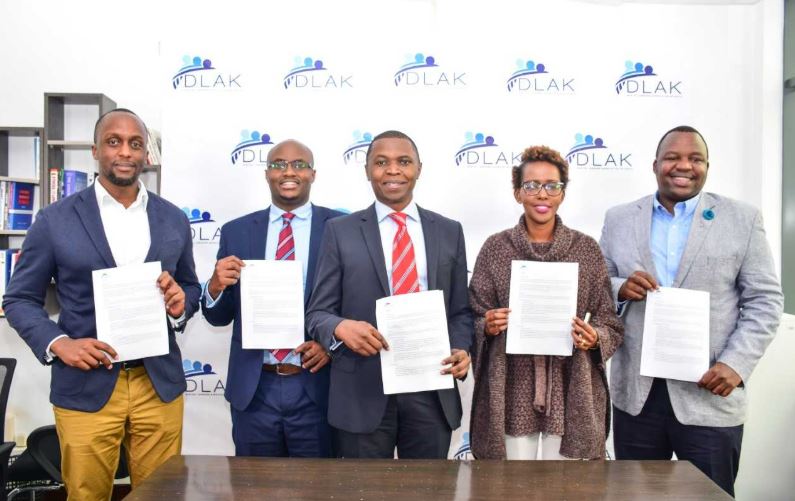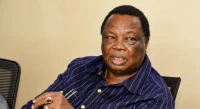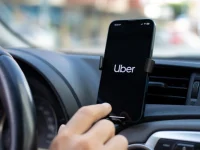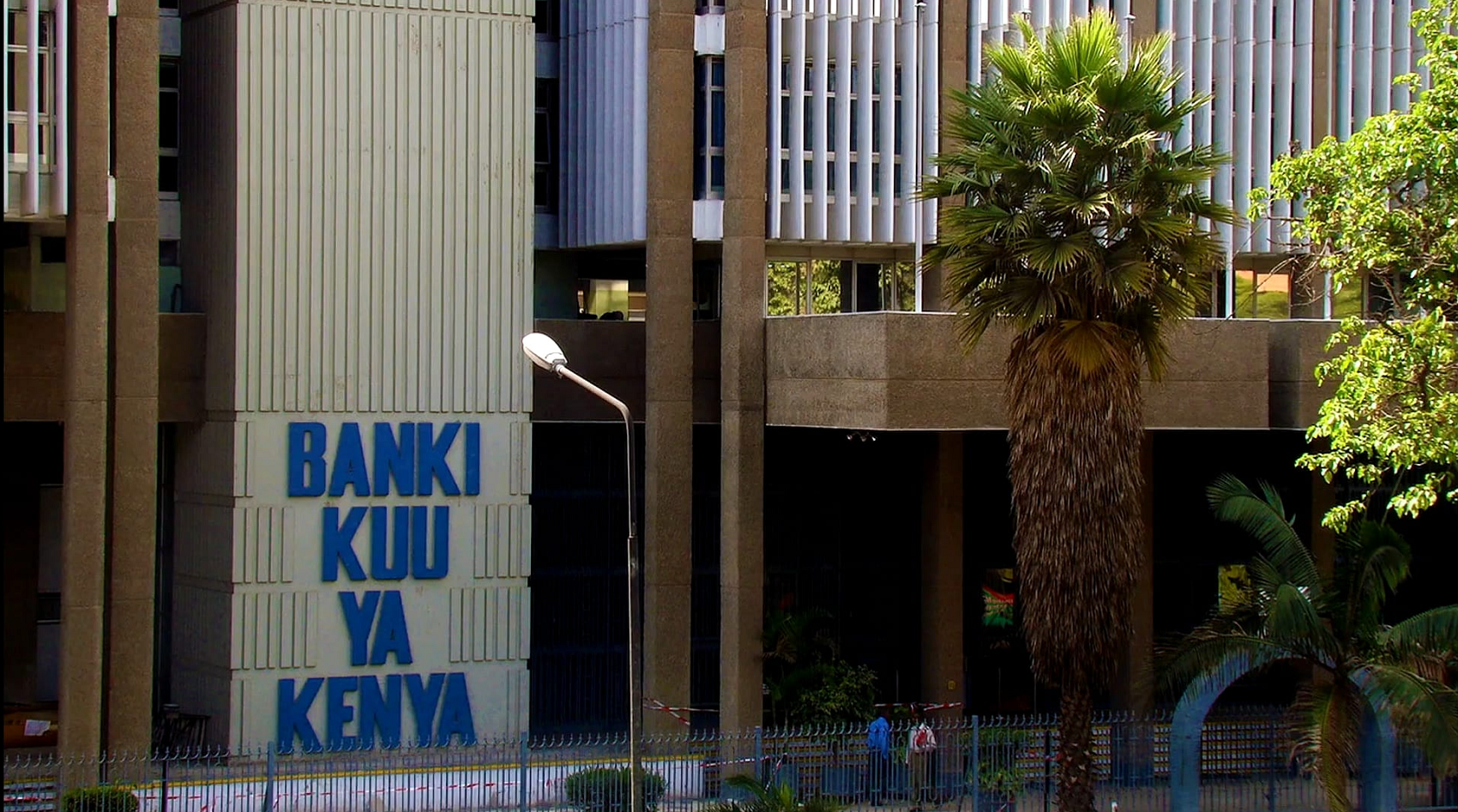The Digital Lenders Association of Kenya (DLAK) on Monday distanced its members from unscrupulous players in the market and took a further step by singling out Opesa and Okash for poor debt shaming practices that have made Kenyans and the government blanket-lynch all players in the industry in criticism conversations and policy formulation.
In a statement, Chairperson Robert Masinde said DLAK was concerned over continued reports of harassment from Kenyans over the debt collection modus oparendi adopted by the two firms that more often than not involves reaching out to contacts on the customer’s phone book without consent in an attempt to get the borrower to pay back a loan.
According to Masinde, all DLAK members; Tala, Alternative Circle, Stawika Capital, Zenka Finance, MyCredit, Okolea, LPesa, Kopacent, Four Kings Investment T/A Sotiwa, Mobile Financial Solutions (MFS), Kuwazo Capital, Finance Plan Ltd, Branch, VAELL Leasing, Roamtech solutions, Aspira, Mobfin, Fiberry all condemn such behaviour and have urged the two players to cease such practices.
“Not only does this behaviour go against Kenyan data protection laws, but it reeks of indignity. By reaching out to a customer’s contact list, Opesa and Okash rob the individual of basic dignity and consumer rights. This can have long term effects on their psychological well-being and damage relations that may have taken years to build” said DLAK Chairman Robert Masinde on behalf of all members.
Further, Masinde said DLAK has also offered to advise any non-members seeking to improve their debt collections approach towards “more ethical business practices”.
As part of the economic measures introduced to help Kenyans weather the COVID-19 Pandemic, the government in March suspended the blacklisting of Kenyans at Credit Reference Bureaus (CRBs) temporarily, a move catalyzed by the need to cushion Kenyans and to rein on rogue mobile lenders.
Masinde, in a previous op-ed asked the government to reconsider the blacklisting ban saying that the move denies underserved Kenyans access to digital lending services
Conversely, all mobile lenders have found themselves on the receiving end of conversations on social media with Kenyans raising concerns over the operations of different mobile lenders.
All these factors combined have prompted DLAK to distance itself from the two players.
Masinde said that all DLAK members adhere to a code of conduct that stipulates ethical& consumer protection standards that all digital lenders in the country ought to subscribe to.
“When taking action against a consumer whose claims are in a debt collection procedure or in court proceedings, it must be ensured that the actions taken against the debtor meet ethical standards and are aimed at cooperation and an amicable solution to the problem of non-repayment,” stipulates Clause 1 of the DLAK Code of Conduct.
‘All DLAK members are obliged to thoroughly examine consumer complaints and respond to complaints without undue delay, keeping statutory deadlines, including in particular to investigate possible notices regarding fraud when concluding digital loan agreements,” stipulates Clause 2 of the DLAK Code of Conduct.
“We will continue to uphold the measures in our code of conduct and wish to remind all customers affiliated with DKAK members of our commitment to continue to serve them with respect, as we greatly value the trust that they have bestowed upon us,” added Masinde.












Leave a comment